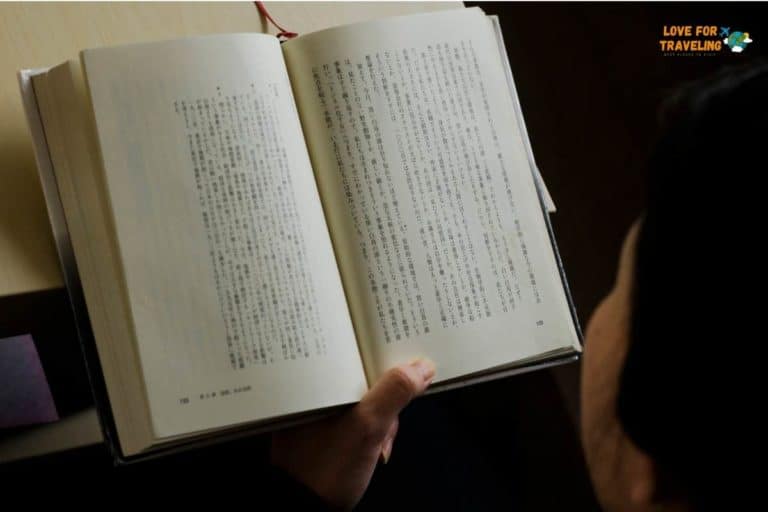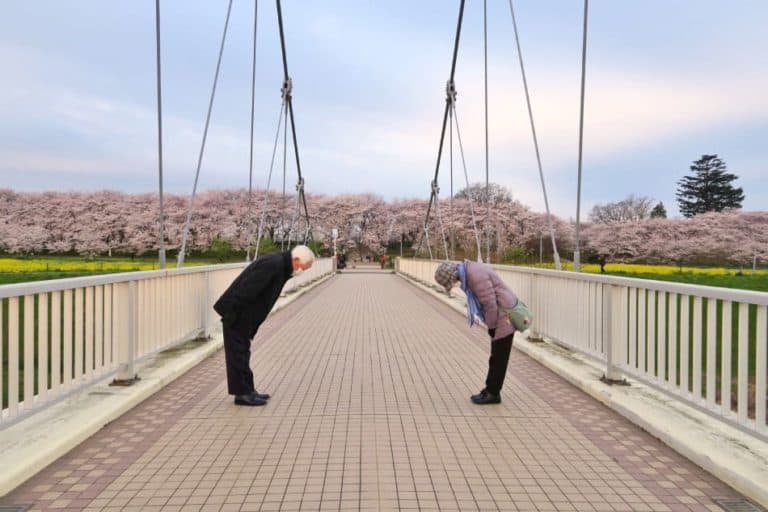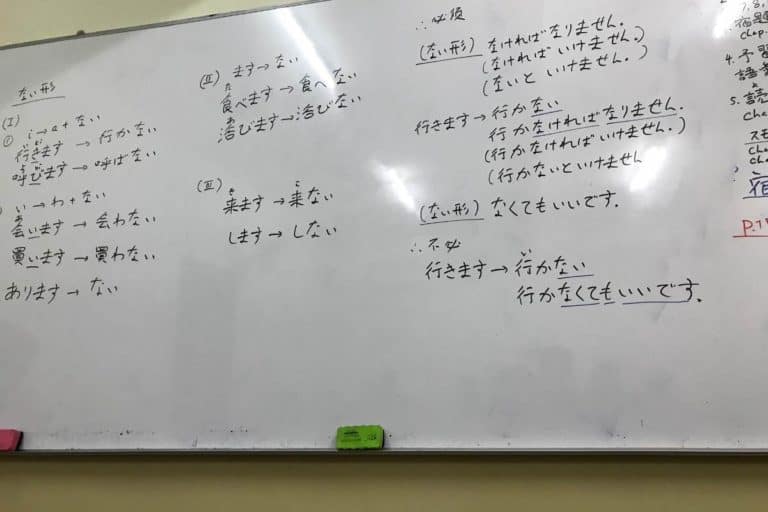Can You Get by Speaking English in Japan?
Many people who plan to visit Japan are surprised when they find out that most residents don’t speak English.
This means it is essential for visitors from abroad or with an international background like myself (born in Italy) to be prepared before traveling to avoid trouble communicating with locals during their stay.
Many travelers believe that because most inhabitants live near major cities such as Tokyo, Osaka, and Kyoto, there will always be someone able to communicate fluently enough; however, this isn’t true!
I can guarantee that there will be no English speakers in many rural areas.
Japan’s history is entirely different from other countries; it was isolated until the 19th century because of its mountainous terrain and harsh winters, preventing foreigners from entering.
During this time, Japanese people had minimal opportunity to communicate with people from foreign lands, and consequently, they did not develop a strong awareness of English.
Even though Japan was re-opened to the outside world, Japanese people did not begin studying English immediately. Most people who learned English did so to go abroad and work at a company in a foreign country.
Therefore, it is unsurprising that Japan’s English status is ranked very low compared to other industrialized nations such as South Korea or France.
Japanese people are timid when it comes to speaking English.
I have met many foreigners who believe that the Japanese are trying to avoid making mistakes when speaking, but this is not true.
For Japanese people, speaking in their native language is much easier than using a foreign language, even though there are grammatical errors and they talk slowly.
If you want to practice Japanese and learn about Japan, I think it is an excellent idea to make an effort and study the language.
Although many Japanese speak English, it is always better to be prepared!
Can I go to Japan only speaking English?
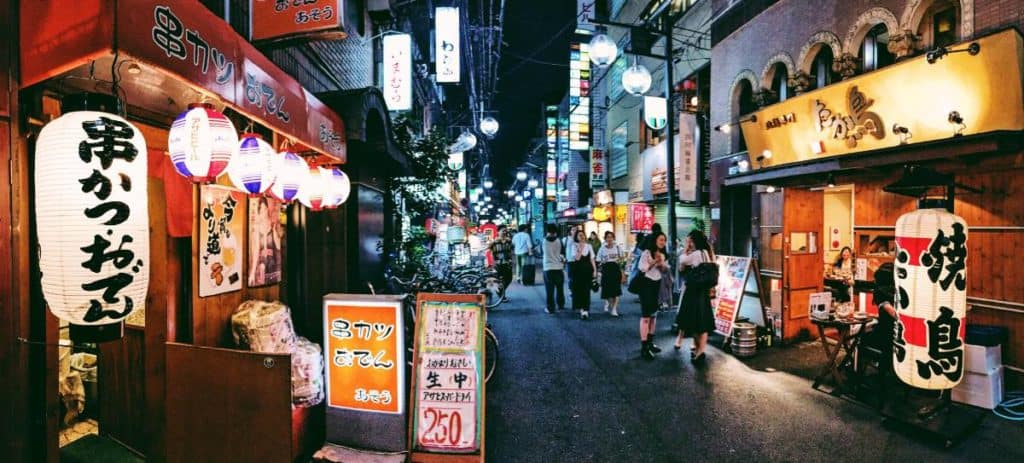
If you’re planning to go to Japan for the first time, or if it’s your first time to step into Asia, then the questions below might be on your mind.
So here I’ll advise on how to make your trip smooth and easy!
First of all, is it possible at all? Well yes! But to do everything you usually do in your own country, you will need a bit of Japanese and the help of many friendly people.
Let’s start with what we can do without speaking ANY Japanese!
If this is your first time in Japan, navigating such an unknown place might be challenging, but nothing is impossible!
If you have a smartphone, download the Google Maps app.
It automatically enables GPS in Japan, so you can easily find your way around.
Pen and paper are also handy tools when traveling to new countries. You can note down all the attractions or places that might interest you on paper.
If you find an attraction without English explanations or names, show the pictures to a local person. They will help you eventually.
Of course, this means that you have to do some research before going!
Knowing the place’s name in Katakana is good for showing it to the locals. If you have the time, print the information on paper beforehand so you can show it to them when needed.
You can also use some travel apps before going somewhere new!
I usually check out some blogs about Japan or even foreign vloggers’ Japan videos, generally in English. You could check some app reviews too!
Is Japan good at speaking English?
Surprisingly, when you ask Japanese people whether they can speak English, many say they are not good at it.
So, is Japan good at speaking English?
To make this article interesting, let’s look at how the Japanese rank in terms of English ability compared to other countries.
According to these statistics, Japan ranked at the bottom of the list.
Is Japan easy for English speakers?
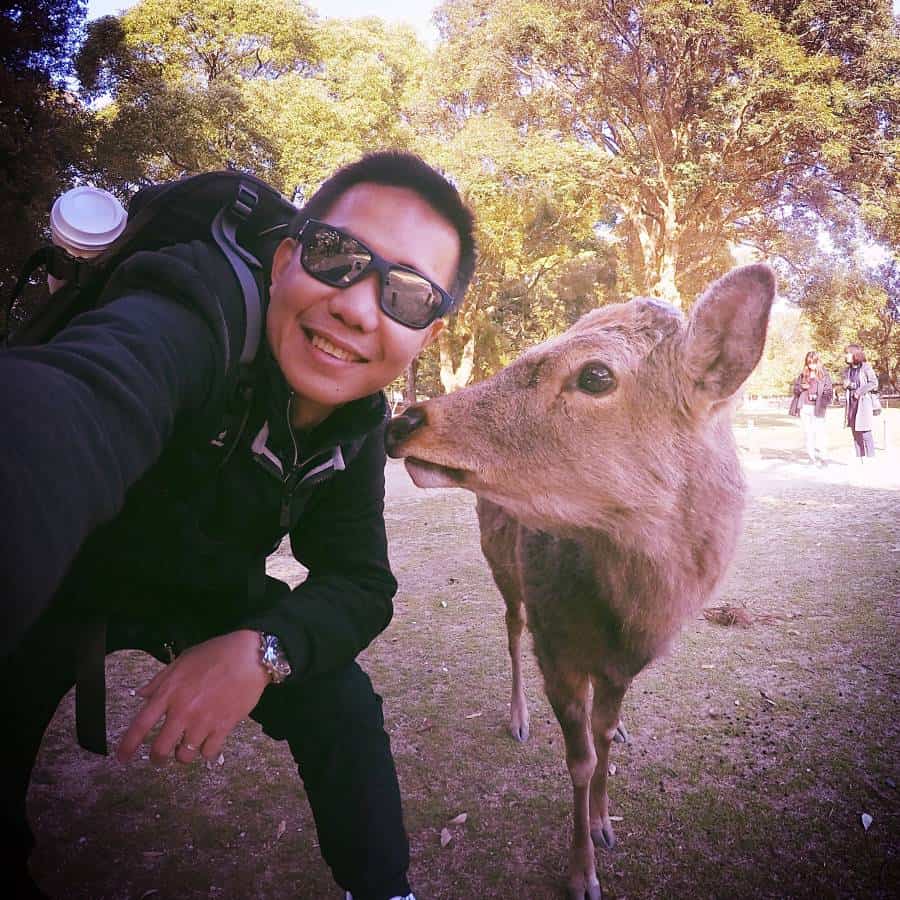
The short answer is yes. Although Japan’s language, food, and customs seem to be highly different from those in the West, English speakers will find that once they’ve planned and know what they’re doing, getting around and communicating with people is straightforward.
Crossing the language barrier:
Don’t panic! You don’t have to speak Japanese to get around or communicate with ordinary people in Japan.
Most signs and directions are in English, although often not directly at where you want to go.
If asking for help, pointing at the name of the place you’re looking for usually works.
Various apps can act as pocket guides with maps and restaurant recommendations. They can be handy when traveling around on your own.
Understanding the language barrier:
People in Japan will speak to you in Japanese if they see you’re not fluent or don’t understand them.
If this happens, please try to ask politely for clarification rather than become angry or frustrated!
Usually, people will switch to English or find someone who can translate for you if they see you’re having trouble.
If your pronunciation is wrong, people will become confused. So make sure to practice pronouncing words before you get on the plane!
The food barrier:

Japan’s food is one of its best features, with all types of cuisine available, from sushi to Italian.
There are also many convenience stores at every train station with bento boxes, instant ramen, and onigiri (rice balls), which are easy to eat on the go or can be made into a meal if you can access cooking facilities.
Japan has Western-style fast food places, like McDonald’s, Burger King, and Starbucks.
However, you will notice that the sizes of these places are significantly smaller than in the West. Also, there is no tipping at most restaurants expected or possible; service charges are always included in the bill.
Eating out:
If choosing a restaurant, look for where customers are sitting on a bench at a bar counter. You sit down and order from the menu on an iPad. The food comes quickly; you pay for it when you’re done. It’s straightforward!
Do Japanese police speak English?
It seems that a lot of people believe so. But what about policemen living in remote areas?
They might not be able to speak English, but knowing a few simple phrases would help them help you if something unfortunate should happen to you while traveling or living in Japan.

